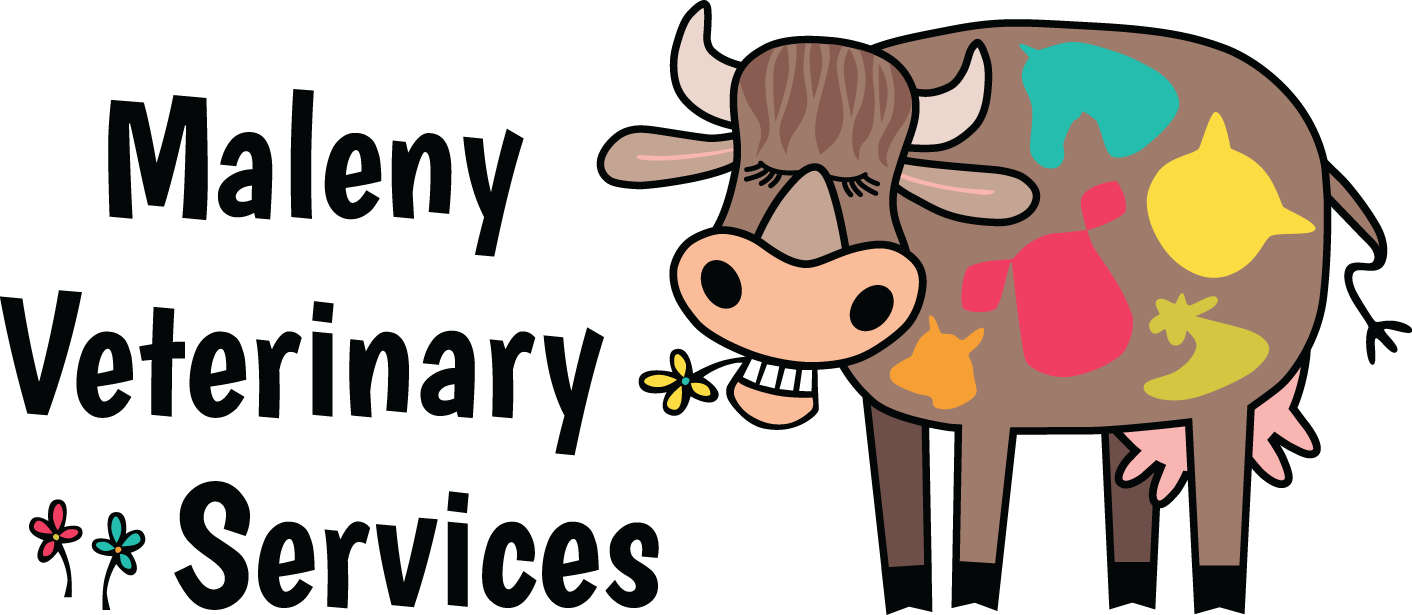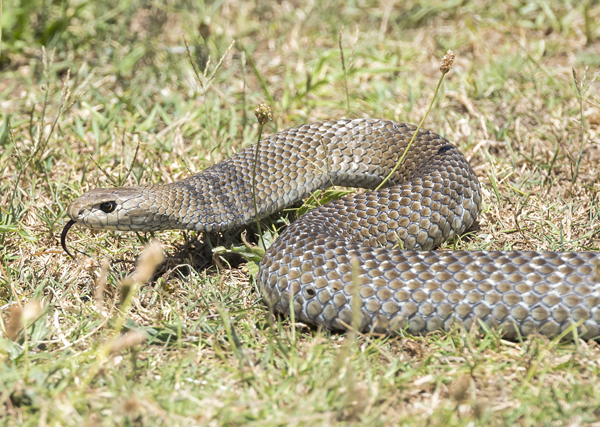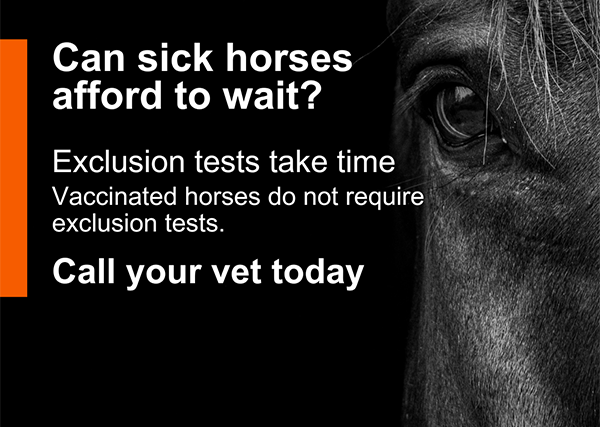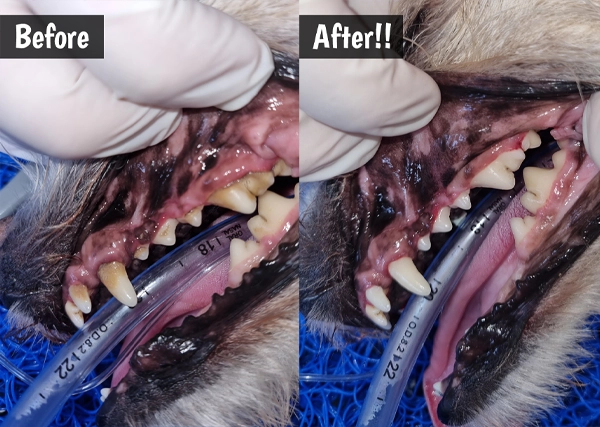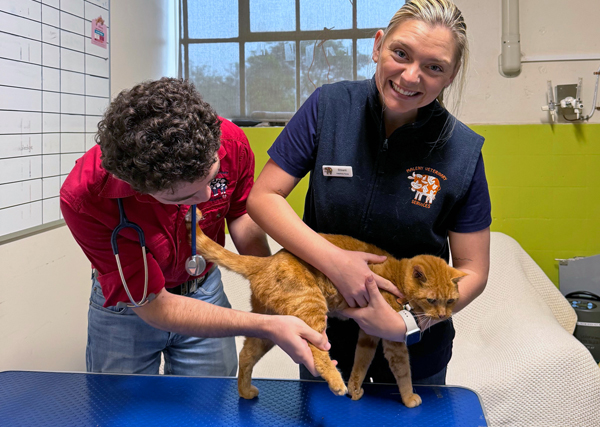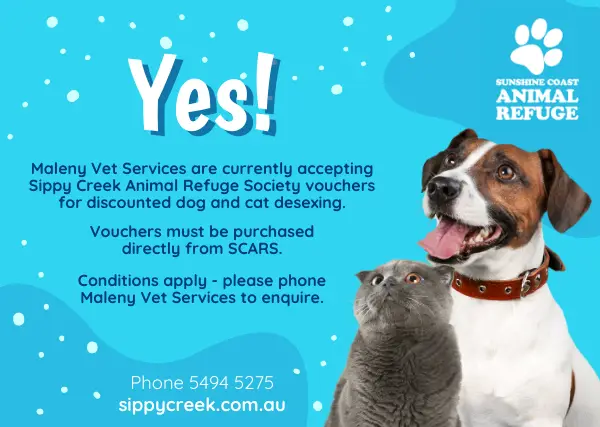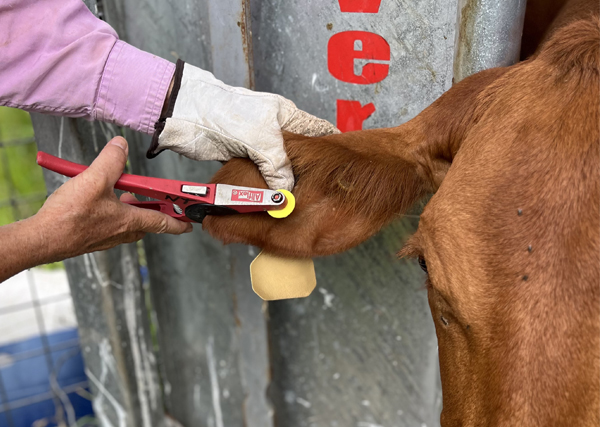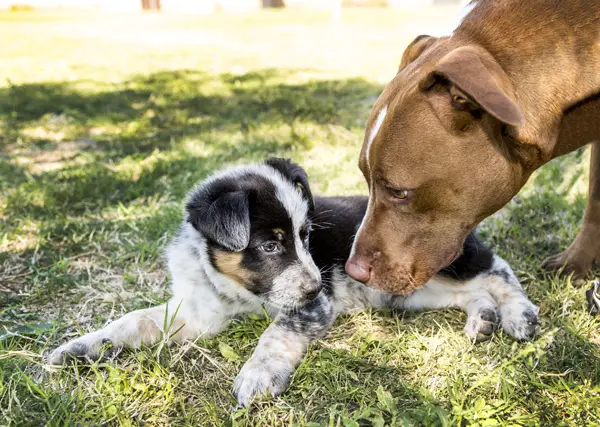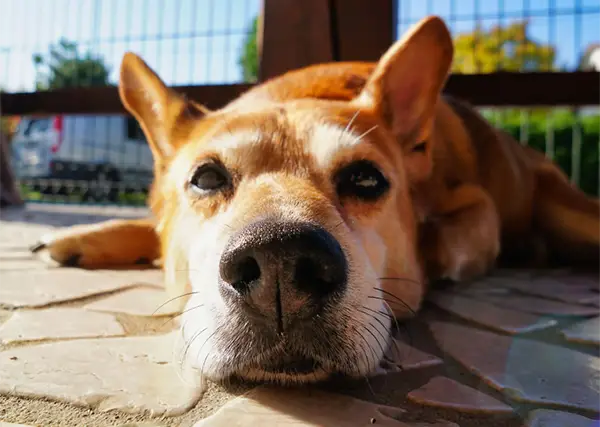With the recent media interest in the potential adverse side-effects of Beransa, we wanted to compile some information for our pet parents to assist you in making an informed decision.
When it comes to Beransa, pet owners like you are caught between wanting to relieve their pet’s pain and worrying about potential risks. Your furry friend’s safety isn’t something you take lightly. And you shouldn’t have to.
Maleny Vets would like to help you separate fact from fiction and make confident decisions about your pet’s pain management. As a practice and due to its general efficacy, we support the use of Beransa in specific cases as so long as your pet is brought for regular (six-monthly) health reviews so we may monitor and takes tests to ensure the Beransa is doing its job without causing other problems.
What is Beransa: Understanding the Medication
Core ingredients and how they work
Beransa contains the chemical ingredient Canine Anti-NGF mAb Bedinvetmab, which tackles inflammation right at the source. When your pet is in pain, their body releases chemicals that trigger inflammation and discomfort. Berenoclast blocks these signals before they even get started.
Think of it as a bouncer at the door of a club – it stops the troublemakers before they can get inside and cause problems. The medication binds to specific receptors in your pet’s body, preventing the pain-causing chemicals from attaching and doing their damage.
What makes Beransa different from older pain medications is its targeted approach. Instead of affecting your pet’s entire system, it focuses specifically on the inflammation pathways, which should mean fewer side effects for your furry friend.
Common use in pet healthcare
Our vets may prescribe Beransa for older pets suffering from arthritis, where other treatment is not effective. It’s particularly helpful for older dogs who struggle with joint pain that keeps them from enjoying their walks or playtime.
Many pet owners notice improvements within days – their once-reluctant doggo might start climbing stairs again or their cat might return to jumping on furniture.
Common Concerns Among Pet Owners
Side effects reported by other pet owners
When you’re giving Beransa to your furry friend, it’s natural to worry about side effects. Many pet owners have reported mild digestive issues like vomiting or diarrhea during the first few days. Some have noticed their pets seem drowsier than usual or less interested in food. Don’t panic if you see these reactions – they often subside as your pet adjusts to the medication.
More concerning reports include skin rashes, excessive panting or unusual behavioural changes. While rare, some pet owners have also documented allergic reactions that required immediate vet attention. In many of these cases, the animal had other underlying conditions which contributed to the reaction.
Your experience may differ completely, but knowing what others have gone through helps you stay alert to potential problems.
Long-term usage implications
Taking Beransa for extended periods might raise questions about your pet’s long-term health. Most vets agree that regular liver and kidney function tests are smart precautions if your pet needs this medication for months or years. You’ll want to monitor for subtle changes in energy, water consumption or bathroom habits that could signal developing issues.
Some pet owners have reported their animal has developed a tolerance to Beransa over time, requiring dosage adjustments. Your regular check-ups every six months become even more important during long-term treatment to ensure the medication remains effective without causing cumulative harm.
Interaction with other medications
Mixing medications can create trouble. Beransa potentially interacts with common pet medications like heart medications and certain antibiotics. Your pet’s supplement routine matters too – even natural products like fish oil or probiotics could influence how Beransa works.
Always bring a complete list of everything your pet takes to vet appointments. This includes prescription medications, over-the-counter products, supplements and regular flea/tick preventatives. You might need to adjust timing between doses or completely avoid certain combinations to keep your pet safe while on Beransa.
Scientific Evidence and Research Findings
Recent studies on Beransa’s effectiveness
Studies from Cornell Veterinary School show Beransa reduces joint pain in 78% of dogs within just two weeks. That’s pretty impressive compared to the 45% effectiveness of traditional treatments.
Another study followed 500 pets over six months and found mobility improved significantly in 82% of cases. The research also highlighted faster recovery times after surgery when Beransa was part of the treatment plan.
But here’s what really matters – real-world results match the lab findings. Pet parents report seeing their older dogs playing again within days of starting treatment.
Documented adverse reactions
No medication is perfect and all drugs have side effects. You should know about potential side effects before giving Beransa to your pet.
The most common issues are mild stomach upset in about 12% of pets, and temporary drowsiness in roughly 8%. These typically resolve within 3-5 days as your pet adjusts to the medication.
More serious reactions are rare but include allergic responses (affecting fewer than 1 in 1000 pets) and liver enzyme elevations (about 1 in 500 cases).
What sets Beransa apart is its lower incidence of kidney complications compared to older pain medications. This makes it especially valuable for senior pets or those with existing kidney issues.
Addressing Safety Questions
APVMA approval status
On 1 May 2025 the Australian Pesticides and Veterinary Medicines Authority (APVMA) released a statement regarding Beransa, on their website: https://www.apvma.gov.au/news-and-publications/statements/beransa-canine-injections.
Within this statement the APVMA says, “Current information indicates that side effects are rare when this product is used in accordance with label directions.”
Statement from the manufacturer
The manufacturer, Zoetis, released the following (extracted) statement:
Zoetis stands firmly behind the safety and efficacy of Beransa and its ability to help dogs suffering from osteoarthritis (OA) to live with less pain and greater mobility.
We recognise that such media articles may be distressing for some pet owners whose dogs have received Beransa and we would like to offer the following information that can be relayed to any clients who have questions or concerns:
We recognise that such media articles may be distressing for some pet owners whose dogs have received Beransa and we would like to offer the following information that can be relayed to any clients who have questions or concerns:
- Beransa has undergone robust testing and has been approved as safe and effective for controlling osteoarthritis pain in dogs by the Australian Pesticides and Veterinary Medicines Authority (APVMA) in Australia when administered in accordance with label directions by a registered veterinarian or under their direct supervision.
- Over 25 million doses of Beransa have been distributed globally. No individual adverse event sign has been reported at a rate higher than 1-10 reports per 10,000 doses. This is evidence of the product’s strong safety profile.
- Globally, regulatory requirements and approaches differ which can lead to differences in side effects listed on labels.
- Severe illness with sudden onset can and does occur in older patients irrespective of any treatments they are receiving, and in many cases may be unrelated and coincidental to treatment.
- Zoetis reports all suspected adverse events received to the relevant regulator(s) regardless of causality or level of suspicion of a link to a product. This reflects how seriously any possible adverse events reported to Zoetis are taken.
- Osteoarthritis is a painful and severely debilitating disease. Dogs with OA need effective and safe pain relief, which Beransa is able to provide.
Proper dosage guidelines by pet weight and age
Getting the dose right is super important. Your vet will calculate the proper amount based on your pet’s weight. As your pet’s weight may fluctuate the dose may need to be adjusted, so always follow your vet’s specific instructions and attend your six-monthly health checks.
Warning signs to watch for
Keep an eye out for these red flags after giving Beransa:
- Shifts in energy levels such as unusual lethargy or extreme excitement
- Changes in eating or drinking habits
- Digestive issues such as vomiting or diarrhea, especially if it lasts more than 24 hours
- Skin changes, rashes or excessive scratching
- Changes in urination patterns
- Changes in breathing patterns or coughing
- Weight changes that may require an adjust to dosage
If you notice any of these symptoms, don’t wait give us a call right away. Most side effects are mild and temporary but being cautious protects your pet. You know your pet best, so trust your instincts if something seems off.
Making Informed Decisions for Your Pet
When Beransa is appropriate
Remember this rule of thumb: Beransa isn’t typically a first-choice medication. It’s more likely your backup plan when other approaches haven’t helped your four-legged companion.
Monitoring your pet during treatment
Once your pet starts Beransa, you become their most important health advocate. Trust your gut feeling. You know your pet better than anyone else. If something seems off, it probably is. Don’t wait for the next scheduled appointment if you notice concerning changes.
Take photos of any visible symptoms to show progression over time. Bring in any notes to every visit with the vet. These records help your vet make informed decisions about continuing, adjusting or stopping Beransa treatment.
Summary
Navigating the world of pet medications like Beransa can feel overwhelming, but understanding both the science and addressing common concerns is key to making the right choice for your pet. By familiarising yourself with what Beransa is, recognising typical worries other pet owners share, and examining the research behind its use, you’re taking important steps toward informed pet care. The safety profile and effectiveness of this medication, backed by scientific evidence, can help alleviate many of the uncertainties you may have.
Your pet’s health deserves thoughtful consideration of all available options. Remember that your vet is your best resource when determining if Beransa is appropriate for your furry family member. By partnering with your vet and asking the right questions, you can feel confident that you’re making the best possible healthcare decisions for your pet’s specific needs and circumstances.
